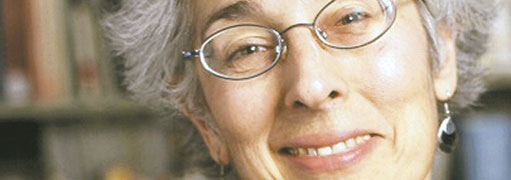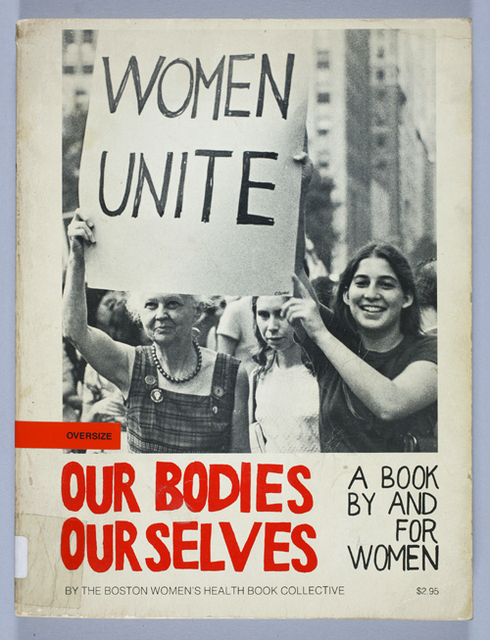Body Politics: An Interview With One Of The Activists Behind An Iconic Feminist Health Guide
An Interview With One Of The Activists Behind An Iconic Feminist Health Guide


Judy Norsigian

The first edition of Our Bodies, Ourselves





